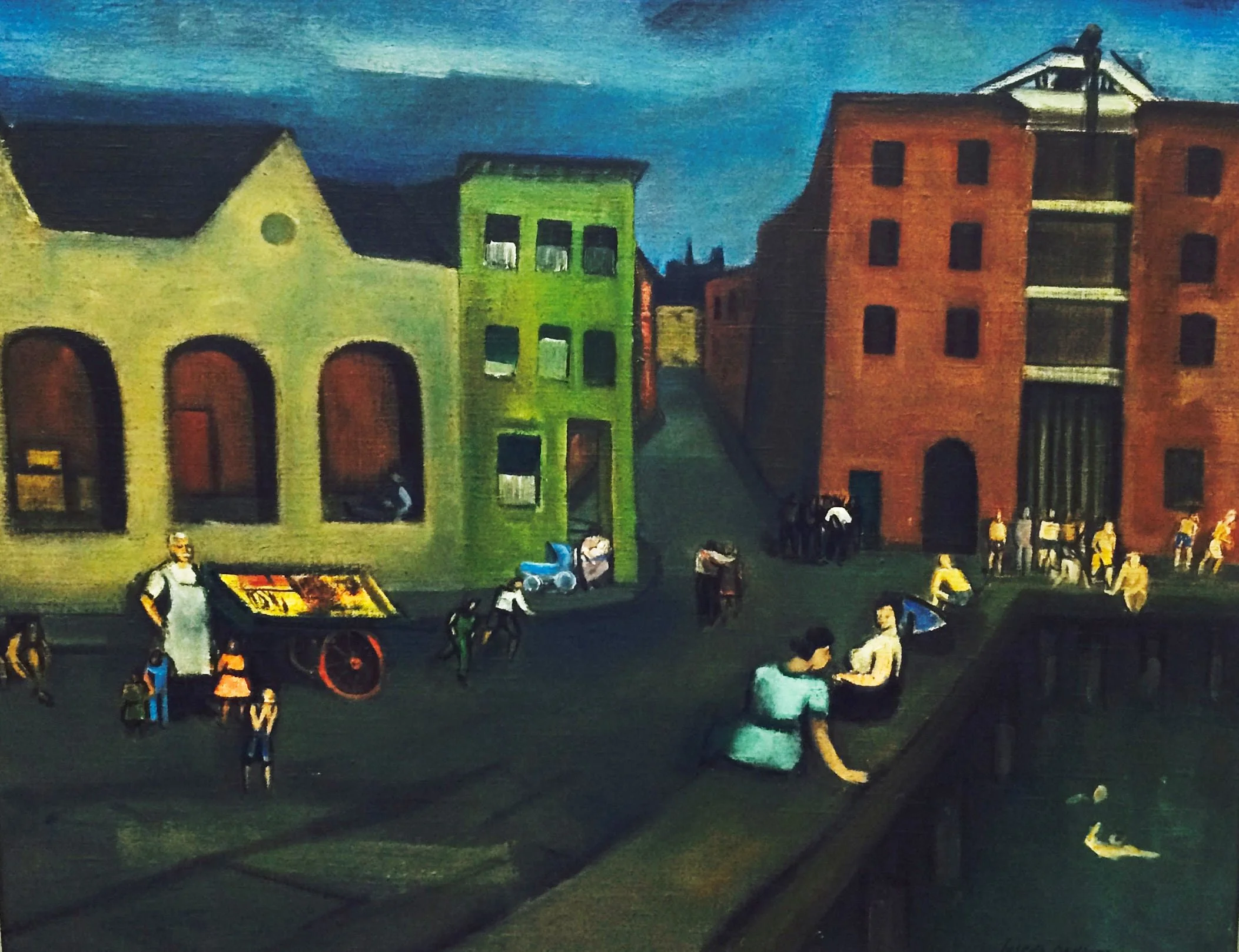Ivan the Terrible & His Son Ivan on November 16, 1581
After Ilya Repin
In every attic
of our private, premodern imaginations
Ivan the Terrible cradles
his son’s gore-greased face, ceaselessly.
He has always already
killed him.
Snow falls clean through
the calendar’s drafty column of Mondays
as prewinter’s firstdeclension
gathering just north of newness
as the glittering blue drift
of a conclusion.
There will be no one to fuss over the mess then,
no one to vacuum upthe rugs,
or bother with the gravity
of what has been swept under them.
Things move on
inconspicuously.
The moon—old vandal!—gores its crescent
through the view,
leaving dawn’s restoration project to smooth over
our dubious works:
the lash, the law, the letter,
the gashes through the center of the frame.
Koudelka’s Negatives
It was the time of such things — Levis
After we fix the names of far away,
there is only this ribbon of boulevard,
unwinding from a wristwatch.
At its end, the end of dime-store matrimony:
a still-young set of lovers, who—
seemingly seconds before—set off
into the now-flat caramel fizz of sky,
atop a carousel cart horse.
That people should belong to any place
is not, I’m told, an a priori.
The old tradition among migratory birds
is that the earth belongs to rest
and riverrun. Among the arctic greyling,
what the earth is called,
I cannot, in good conscience,
here relay. But rest assured,
the boulevard is not, strictly speaking,
a place. Rather, it is what was
a place to those who can imagine
what remembering a place must feel like:
thunderheads smuggling the smell
of dill, silt from someone else’s skin
under a fingernail, paving tiles,
and the minute hand pitched forward,
free from all resistance.
On its face, the times that time
is clocked in moments are a different
kind of revolution. In Tartu,
I spoke words I love to speak:
პოემა, báseň, стих.
Only, my mouth was full of teeth
and so the music came out weak.
Somewhere, the dead are buried
in each other’s arms; somewhere,
the hillsides turn the ashy pocks
into a rug of tarragon; Yeltsin
is yelling from atop a tank
of chemicals and doesn’t seem
to get the picture. Times being
what they are, it’s not
a matter of remembering;
I haven’t sense enough for that.
What begins, begins again, until
we all forget to call it sameness, laugh
at the somehow-empty bottle
in the freezer, split kisses
over the year’s orchestral tune-up,
wonder where the time has gone.
Here— sense’s penumbra. Here—
stars above the boulevard,
pitched in an upturned colander,
under which we trust
the light to tell us lies
in all the dialects of distance.
About the author
George Kovalenko is a poet whose work has appeared in Colorado Review, Crazyhorse, The Cincinnati Review, Ninth Letter, Yalobusha Review, and elsewhere. He has received support from the Saltonstall Foundation for the Arts, holds an MFA from New York University, and is a PhD student at the University of Denver. An Associate Editor for Tupelo Quarterly, he lives in Denver.




